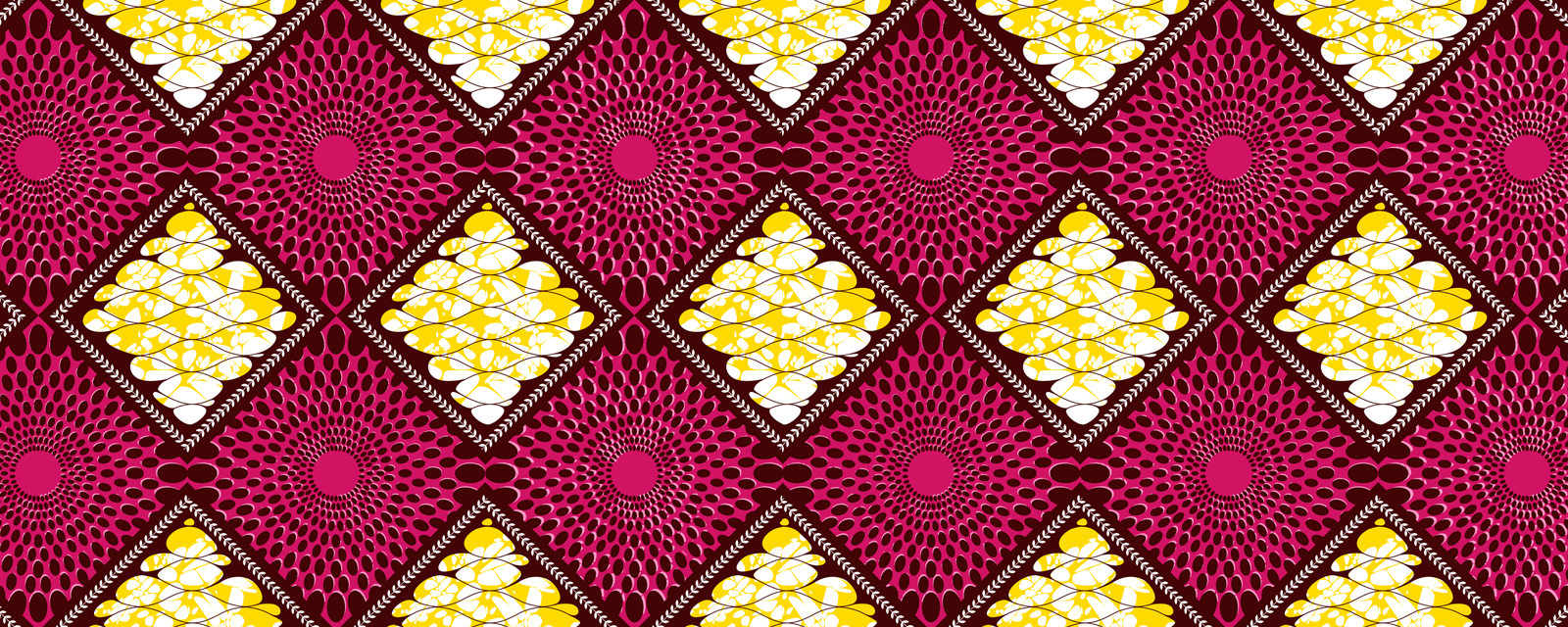Malam Aliyu na Mangi was the leading poet of the Hausa in the mid-20th century. Born in 1895, within his first year he lost his sight through an attack of measles and smallpox. Despite this, he became a Malam (a Hausa expression loaned from the Arabic word ‘Mu’alim’ that means ‘teacher’) learning by heart the texts required to become an Islamic scholar.
Like other Hausa poets, Aliyu developed his style through live performances to groups of the pious. Whilst the poems deal with Muslim religious themes such as praising the Prophet, Aliyu’s vocabulary and style also embraces the humour and wit that is traditional of Hausa oral poetry.
We give thanks to the Lord of the Worlds
for the bounty bestowed on us in no small measure.
We rejoice in the rule of the English,
for since they came our country has not known poverty;
For in their time we have been brought paper money,
which does not weigh down the pocket.
So too through their kindness we have received the aeroplane,
so that you go to Mecca without trouble.
Then there are motor-cycles, cars and the rest,
which in the old days were unknown to us.
If you have to travel, look for a lorry
if you don’t coincide with a railway.
But if there’s neither train nor motor,
then go on your feet and not on a shameless bicycle.
Just leave the bicycle to me!
You wicked trouble-maker, you!
Thing not fit for an adult to ride!
It was at Dan Mahawayi that I got on, (1)
but it left me at Tudun Yakaji and I never reached town.
It left me sore all over, sitting on the road,
and afterwards the Friday mosque took place without my presence!
Money I gave it, hard cash aplenty, one and six,
for the bicycle wouldn’t allow me a reduction of even a halfpenny.
Yes, for I said to it, ‘Bicycle, please be lenient’,
but it said, ‘Malam, it seems then that you don’t know me.
I have vices five: the first is a puncture,
when I fire a gun but not with flame
And sear the heart and cause the feet to go off in the bush,
as if I was not making the journey;
Or else, as we go along, I wrench my head away so we fall into the ditch
— but I don’t care!
My stomach is called a “gear-case”
— impertinence to ride something you haven’t bought!
My guts are a chain that grabs hold of a gown and we snatch off the rider
— I don’t care!
Yet another trouble comes when we reach a plank bridge
— a rickety one — and I decide that we won’t go across,
But that I’ll get up on the shoulders of my rider and sit there,
as if he had never mounted on me.’
Bicycle and Saalè disputed on the bridge and it said, (2)
‘For shame, Saalè! Of course I won’t throw you!’
But as they tipped over, it jerked its head free and
— dear me, isn’t that Saalè down in the water there?
It followed him, pushing and hitting, saying,
‘Now anyone can come and see whether I haven’t thrown you!’
And it was only when Malam Saalè had managed
to strip off his gown that he escaped getting a bellyful of water.
He got up and climbed on the bank.
The bicycle followed him,
for it hadn’t let go of his gown.
Then Malam Sanda and the others
gathered round the bicycle coaxing it,
but it refused to let go,
Swearing by Train and Motorcar (3)
that it wouldn’t let go unless they used a knife.
Then Malam Sanda came to an agreement with the bicycle,
professing to like it but apprehensive of its tricks
As it said, ‘Absurd! A leading malam like you?
Why, I couldn’t throw an important malam!
But if you mount me,
you must gather together your gown and trousers
and not ride with the voluminous flamboyance of rank!’
So he got on,
but still failed to gather in his clothes,
and before many minutes had passed it whipped the malam off.
Almost immediately threw him down
in the middle of his compound in front of his wives,
before he could reach the dabee. (4)
Says the bicycle,
‘Wait, I’ve made a mistake in throwing you off, malam,
since I didn’t take you to the outskirts of the market,
For I don’t like to throw off an honest citizen
except where people can have a good laugh,
And all your bell-ringing and brake-grabbing
won’t stop me chucking you off either!’
The other replied, ‘Well, I’m not riding you again, bicycle,’
but the bicycle answered, ‘San fairy ann, what do I care? (5)
Whether you ride me or don’t ride me is all one to me
— neither will do me any harm that I can see.
Hasty riding or wrenching me about
won’t take you immediately where you want to be,
But if you mount me, first giving me air to drink,
there is nowhere where I won’t take you.’
So you see,
no one will have a comfortable ride on a bicycle
who can’t bring himself to wear his shirt tucked into his trousers. (6)
from “A Hausa Poet in Lighter Vein”,
African Language Review 8 1969,
translated by Professor Neil Skinner.
Footnotes
- Dan Mahawayi and Tudun Yakaji are villages close to Zaria city in northern Nigeria.
- Saale is the rider’s name.
- By Train and Motorcar: the bicycle swore by its parents, the most solemn oath possible.
- Dabee: the area that is beaten in front of a doorway.
- San fairy ann: this is from the French ‘Ce ne fait rien’, and means ‘So what?’.
- The bicycle insists that anyone who mounts him must wear European dress, not the traditional robes of the Hausa people.

